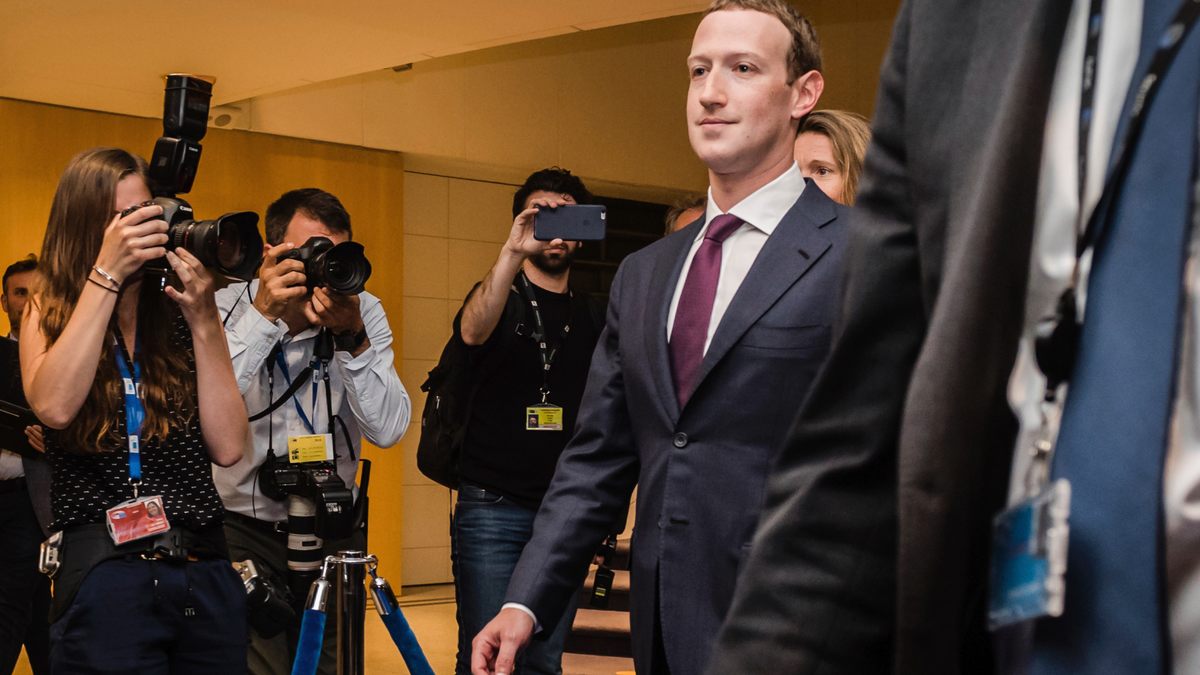Fox News Flash top headlines for June 7
Fox News Flash top headlines for June 7 are here. Check out what's clicking on Foxnews.com
A sweeping overhaul of America's electoral infrastructure is needed in order to prevent foreign interference as the 2020 elections loom, a group of security researchers has concluded.
Former Facebook chief security officer Nick Stamos – who witnessed the sinister social media campaign orchestrated by Russian agents against America – and his colleagues at Stanford University's Cyber Policy Center published a 108-page report that recommends a wide range of actions to prevent a repeat of what took place in the lead-up to the 2016 U.S. presidential election, including better coordination between government agencies and and social media organizations.
The report, which is called "Securing Our Cyber Future: Innovative Approaches to Digital Threats," can be read in full here. It details a range of recommendations, including:
- Increasing the security of U.S. electoral infrastructure by requiring that all vote-counting systems nationwide provide a voter-verified paper audit trail and requiring risk-limited auditing for all elections.
- Regulate online political advertising by foreign governments and nationals by explicitly prohibiting them from targeting the American electorate and passing the Honest Ads Act, which would require far more transparency in digital political advertising.
- Confront efforts at foreign media manipulation by mandating additional disclosure measures during pre-election periods.
- Combating state-sponsored disinformation campaigns from state-aligned actors by creating norms for the media's handling of stolen information, expanding transparency for paid and unpaid political content, establish norms among candidates to not use stolen data or manipulated content and increase overall transparency on social media platforms.
- Establish international norms and agreements to prevent election interference by appointing a senior U.S. government representative for it, developing guidelines about platform cooperation among democracies and strengthening international rules for election safety.
- Deter foreign governments from election interference by enacting country-specific responses that impose real costs, promoting collective engagement with international partners and conducting a continuous strategic disruption campaign against adversaries that seek to interfere with American elections.

Facebook CEO Mark Zuckerberg is seen above in this file photo after leaving the European parliament.
Some of the Stanford report's proposals are already in the process of being enacted by tech companies or have been proposed by lawmakers in Washington, D.C.
Another issue the report calls out is the lack of access to data related to disinformation campaigns.
"At the moment, access to the content used by disinformation actors is generally restricted to analysts who archived the content before it was removed or governments with lawful request capabilities," the report states. "Congress needs to establish a legal framework within which the metadata of disinformation actors can be shared in real-time between social media platforms, and removed disinformation content can be shared with academic researchers under reasonable privacy protections."










































